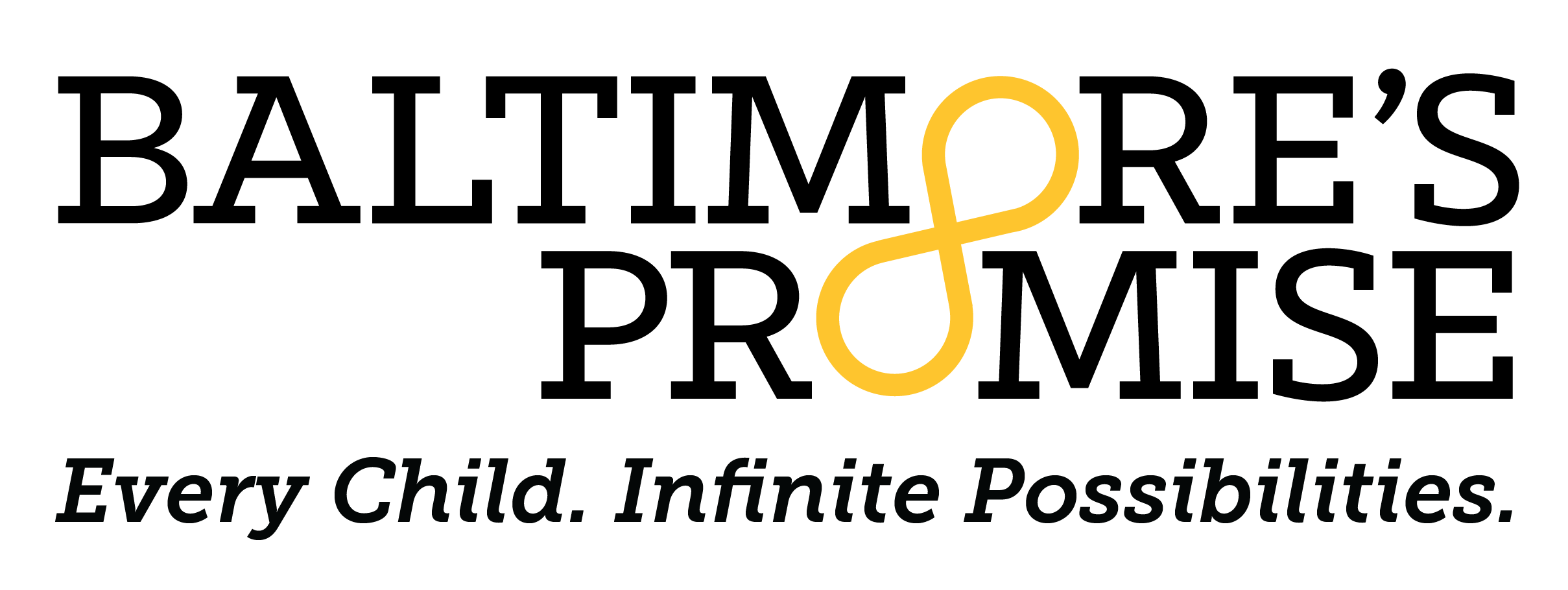Deploying Data as a Powerful Force for Change, Justice, and Equity
A Conversation with Bridget Blount, Chief Impact Officer, Baltimore’s Promise
Even before she came to Baltimore’s Promise, Bridget Blount was deep in Baltimore City data. At the Family League of Baltimore, she led the development of two citywide systems to collect data from summer and out-of-school-time programs and prenatal home visiting programs, while also tracking the performance of dozens of programs serving city residents.
But she knew that data could do even more to shift the trajectories of young people growing up in Baltimore.
“We were able to look at immediate outcomes—like, ok, they completed the program—but we couldn’t look long-term to really understand if, when a young person participated in a program for the first five years of their life, it had an impact 10 years later,” she said.
So, when Baltimore’s Promise CEO Julia Baez offered Blount the opportunity to lead the creation of the city’s first truly integrated data system—a hub that would merge data from multiple agencies and organizations to better understand the complex, interconnected issues that children and families face—she jumped at the chance.
“I strongly believe and trust in the Baltimore City Youth Data Hub and the potential it could have for organizations to understand their long-term impact,” said Blount, now the chief impact officer for Baltimore’s Promise. “We’ll be able to look across hundreds of programs and funds to see which are the most effective, and which ones we should further invest in.”
Doing It Differently
While other cities have created data-sharing systems, often led by government agencies, Baltimore’s version will take a different approach—both because it’s co-led by a collective-impact nonprofit and because the work will be grounded, from the beginning, in anti-racist values.
“I’m excited about the opportunity, and the fact that it’s focused on equity and increasing and creating modernized anti-racist data systems,” she said. “We get the opportunity—by being able to create something completely new—to do things differently.”
Blount started at Baltimore’s Promise four years ago, and the organization has not waited for the Hub—which secured necessary legislative approvals in 2022—to take action.
“The work that we’ve done as a stopgap while we do not have a Hub has completely revolutionized some spaces,” she said.
For example, Baltimore’s Promise conducted analyses of which organizations were receiving funding from regional collaboratives focused on COVID-19 relief and summer opportunities for youth. These resulted in entirely new programs or approaches, including the launch of B’More Invested, a grantmaking strategy developed with the Open Society Institute-Baltimore to center racial equity, justice, community transformation, and collaboration in the process, and a refocus of the Summer Funding Collaborative to better support older youth.
“Our data is literally being used to make decisions to become more equitable. That is powerful. It's not just sitting on someone's shelf or on our website—it is actually being used,” she said. “With the Hub it’s just going to give us a greater ability to be more in collaboration and working on behalf and with young people to make the change we're looking to achieve.”
